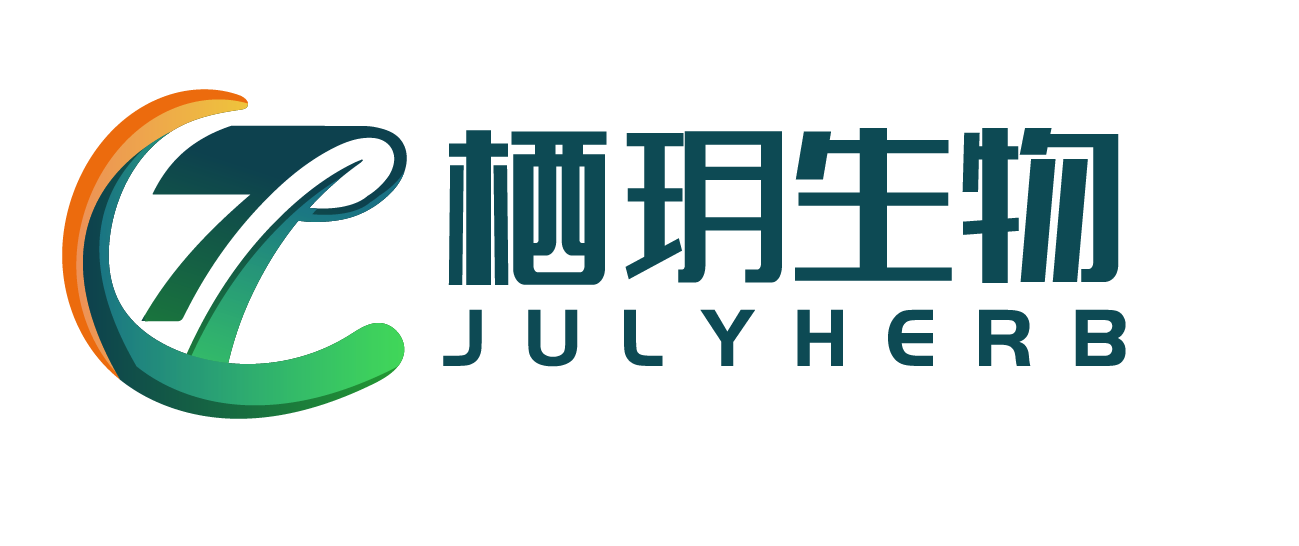The amazing moisturizing effect of sodium PCA
Sodium pyrrolidone carboxylate, also known as PCA sodium, L-pyrrolidone-5-carboxylate sodium, or pyroglutamine sodium, with the chemical formula C5H6O3NNa, is an amino acid derivative. The main raw material of PCA sodium is glutamic acid. After adding a catalyst, the finished product is produced through heating, stirring, dehydration and other processes.
PCA sodium appears as a colorless or slightly yellow transparent liquid with no special odor, soluble in water and ethanol, and insoluble in oil. PCA sodium has the characteristics of good chemical stability, good moisturizing, non irritating, and low viscosity, and is widely used in cosmetics, daily chemical industry, coatings, pharmaceuticals, and other fields.
Industry analysts from Xinsijie stated that as an amino acid derivative, PCA sodium has the characteristics of good chemical stability and good moisturizing properties, and is widely used in the cosmetics field.

PCA sodium, as the most important component of the natural moisturizing factor in the human body, is abundant in the stratum corneum of the skin. Keratin plays a barrier role in controlling the loss of moisture in the outer skin, so supplementing with PCA sodium can effectively establish a barrier to prevent moisture loss, thereby achieving a moisturizing effect.
Application
As is well known, PCA sodium can bind water to skin cells. PCA stands for Sodium Pyrrolidone Carbonate and is an ingredient in many cosmetics. This moisturizing agent naturally exists in the skin. Amino acids contain PCA sodium, which is called a hygroscopic agent. This means it has the ability to remove moisture from the surrounding air. PCA in cherries or seaweed can help replenish skin moisture. The PCA content in the skin is highest in childhood. Over time, these contents will significantly decrease. Using skincare products containing PCA can help increase these levels with age.

PCA also contains antioxidants that can combat free radicals that can cause skin aging. It also contains vitamins D and E, which can help restore skin vitality. PCA sodium is added to shampoo and conditioner to add moisture and shine to hair. It is extracted from many plants, but the PCA sodium from each plant can be used for different things. For example, PCA extracted from grass and vegetables can be used as a moisturizer. When PCA is extracted from coconut oil, it is used as an emulsifier.
PCA found in cherries or seaweeds can supplement moisture in the skin, and PCA sodium can also be used in certain types of lotion to protect the skin from excessive sunlight. Although there are no known eye irritants in PCA sodium, other substances in these products may cause itching and burning. This substance not only absorbs skin moisture, but also helps the skin retain moisture.
This makes it the most suitable for all types of skincare products.
When PCA sodium is used in soap, it can help the skin in many ways. It works together with the natural PCA in the skin to produce healthier and more nutritious skin. PCA sodium is used in many skin and cosmetics for use in shampoos and conditioners. It can maintain moisture in dry hair and also increase the shine and elasticity of hair.
